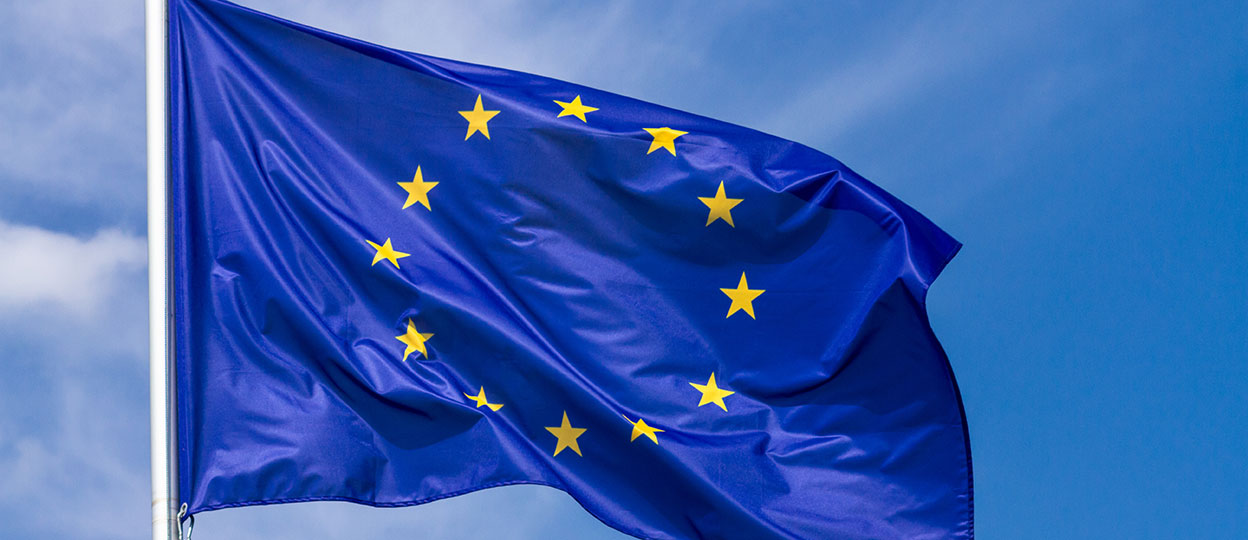The European Commission may introduce mandatory Extended Producer Responsibility (EPR) measures for textile waste in EU Member States.
This comes as part of proposals to revise the Waste Framework Directive and the EU Strategy for Sustainable and Circular Textiles.
If implemented, the new textile EPR measures should help ensure increased collection, reuse and recycling of textiles from 2025. Producers in member states will become more financially responsible for their products once they reach the end of their life and, via eco-modulation of costs, be incentivised to ensure they are in circulation for longer and are better treated when waste.
Alongside this, new regulations also help clarify definitions around waste textiles and what can be considered reusable.
A more sustainable and circular textile sector
The Commissioner for Environment, Oceans and Fisheries, Virginijus Sinkevičius has said: “This legislative proposal is a significant step towards a more sustainable and circular textile sector, delivering our landmark Textiles Strategy.
Harmonised EPR rules across the EU will create a level playing field on the single market and ensure the application of the polluter pays principle. This initiative will drive investments in the reuse and recycling infrastructure for textiles, create jobs and boost innovation in all phases of textiles’ lifecycle. It will also create cost-saving opportunities for citizens who choose vintage, timeless fashion over fast fashion.”
Textile EPR in the UK
UK Government published the Resources and Waste Strategy in 2018, where it was stated, government will consult on a potential EPR system for waste textiles in the UK, which we hope to see released in coming years.
Innovation and Policy Director at Ecosurety, Robbie Staniforth, commented: "It's great to see the EU taking action on textiles. We hope Defra will be emboldened to follow our European counterparts by designing an EPR regime that makes producers liable for the environmental impact of textiles. The UK is yet to fully exploit the potential of producer responsibility to improve our environment and make our economy more circular. An EPR regime for textiles is the most obvious next step."






